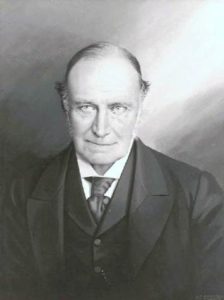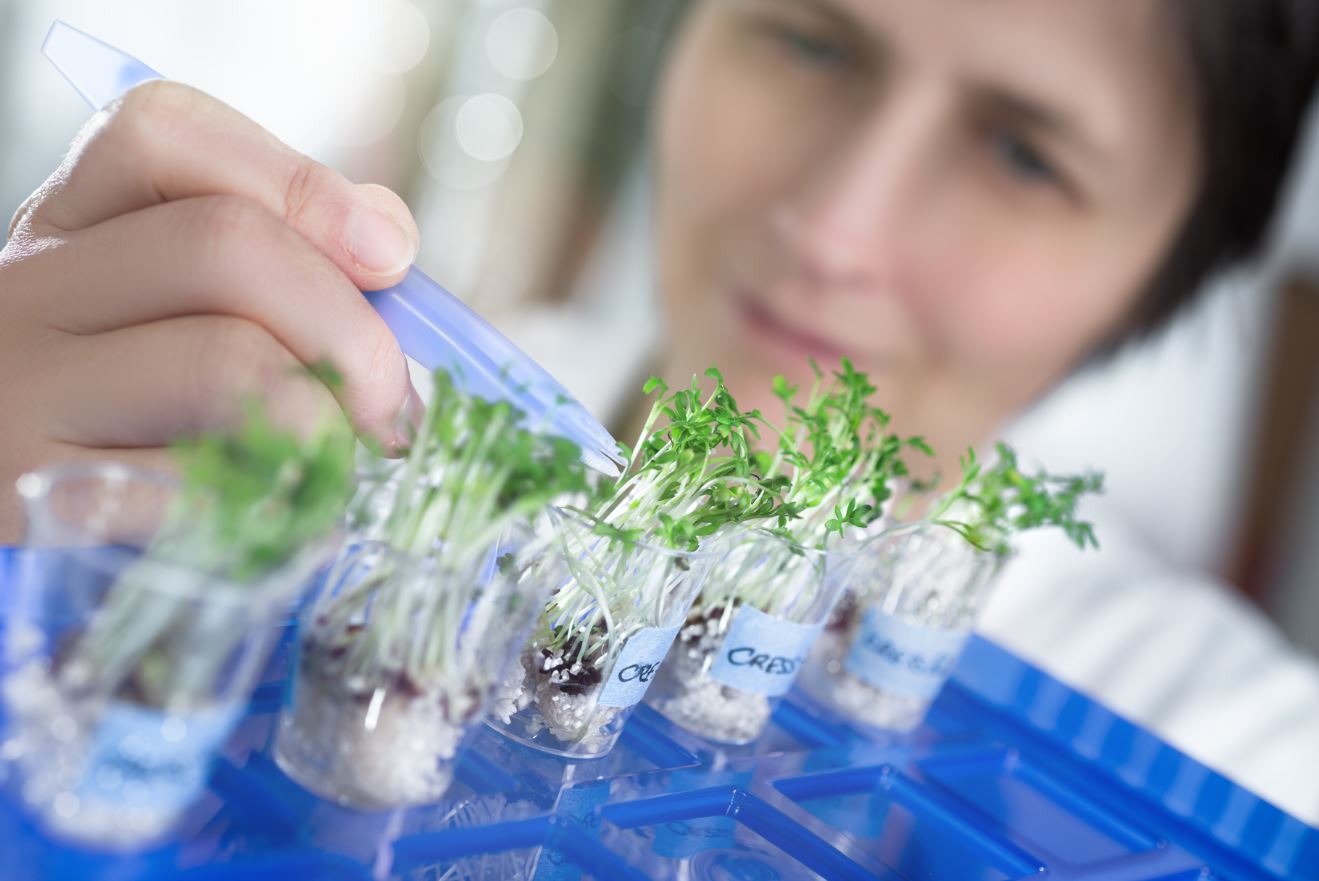The John Innes Foundation Mission
JIF’s mission is to advance the acquisition and application of knowledge about plants and microbes for societal, environmental and commercial benefit.
JIF delivers its mission by:
- Supporting scientific research, education, training and public engagement;
- Maintaining and exploiting a unique historical collection of books and other documents;
- Emphasising the importance of innovation in agriculture and horticulture;
- Working in close association with a range of partners, including John Innes Centre, University of East Anglia and Anglia Innovation Partners LLP.
Chairman of Trustees Peter Innes has this to say:
“For over a century the John Innes Foundation has been supporting research into, and the teaching of, plant science. It’s contribution has been remarkable and it’s commitment unflagging. In 2022 we delivered even more, by distributing over £1,000,000 to a variety of projects.”
Origins of the John Innes Foundation
When John Innes (pictured below right) died in 1904 he bequeathed the bulk of his estate to charity. At the time the purpose was not clear: it could be either for the establishment of a public art gallery or ‘an institution to carry out investigation and research, whether of a scientific or practical nature, into the growth of trees and plants generally’.

When the latter scheme was adopted the John Innes Horticultural Institute, based at John Innes’s old home at Merton, came into being. It was the crucial appointments of individuals such as William Bateson and J. B. S. Haldane that led to the emphasis on ‘scientific’ research rather than practical horticulture.
The Institute also soon grew beyond the capacity of the charity to wholly fund it, and from the early days the (then) Ministry of Agriculture was contributing towards research. As the Institute grew and moved – first to Bayfordbury, then to Norwich – this was increasingly the case. Today the Foundation remains the freeholder of the John Innes Centre and other institutes on the Research Park. It continues to make significant contributions to capital projects and to specific programmes, its focus being principally on training and support for researchers and students.

